Irritable Bowel Syndrome
Classifications of IBS
The Rome Classification
IBS Subtypes
More Subtypes of IBS
More Naming and Blaming

Conventional Medicine Approach to IBS
Conventional Medicine
What is a Metabolically Directed Approach to IBS?
Health is Achieved Toward the Middle of the Curve

The Goldilocks Principle – Balance is the Key – You Want your “Soup” to be Just Right

Autonomic Nervous System Imbalances
The Autonomic Nervous System ANS
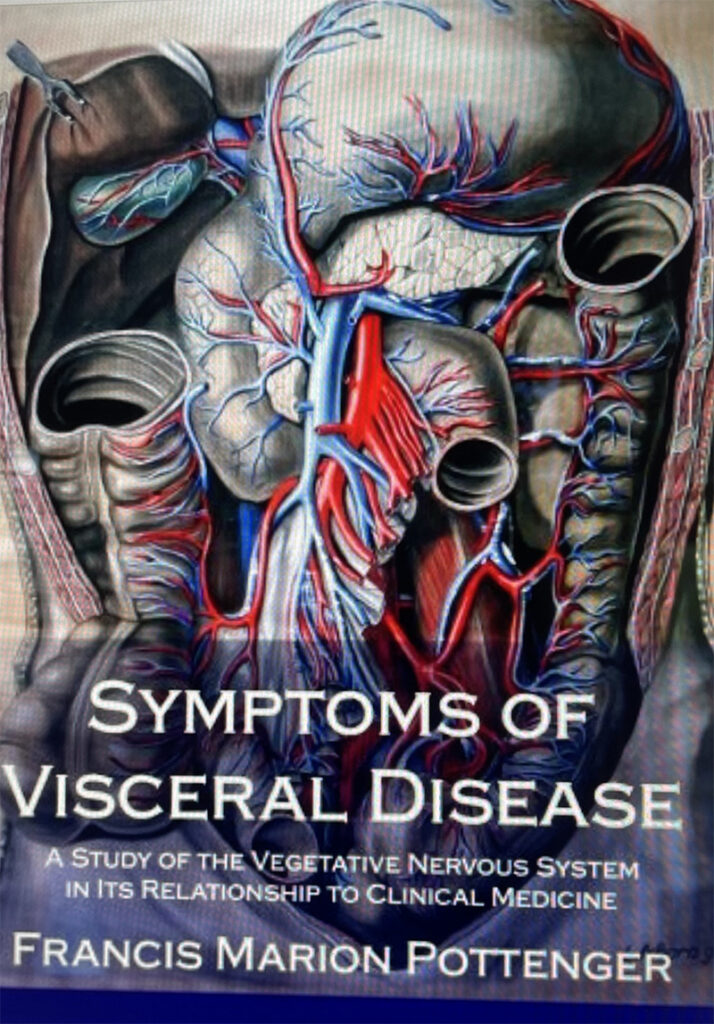
Every Organ System in Your Body is Under Autonomic Control – SNS
Every Organ System in Your Body is Under Autonomic Control – PNS

Many People Diagnosed With IBS are Suffering From Autonomic Dysfunction
Anabolic – Catabolic Imbalance Contributing to IBS
The Work of Emanuel Revici MD

Revici’s Paradigm

Revici’s Paradigm – Anabolic
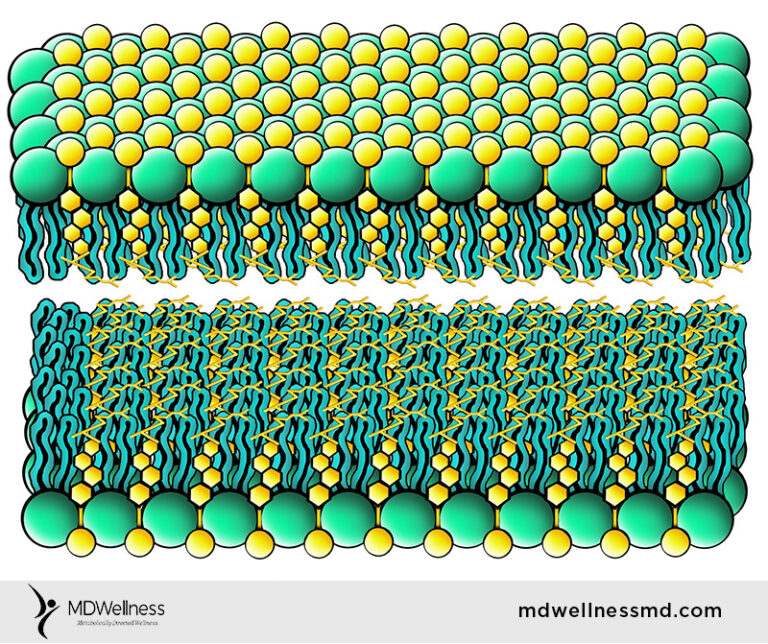
Revici’s Paradigm – Catabolic
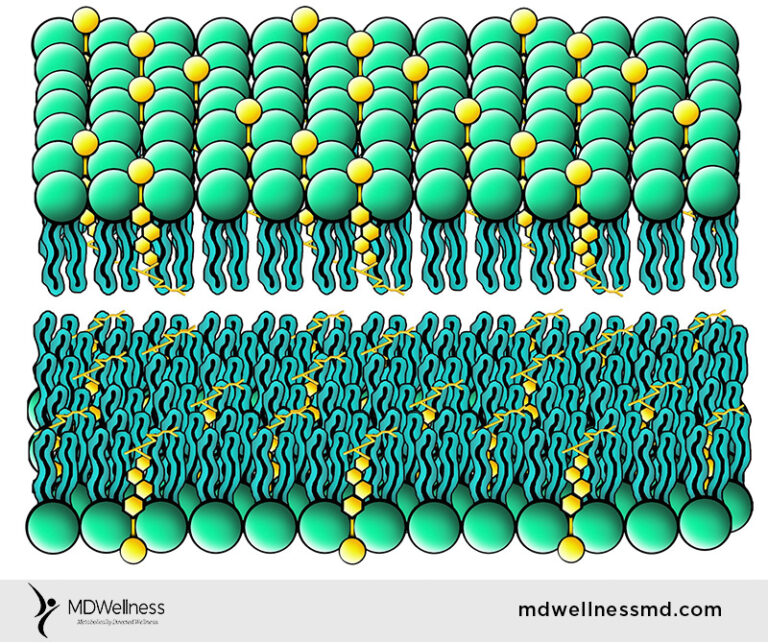
The Work of George Watson PHD

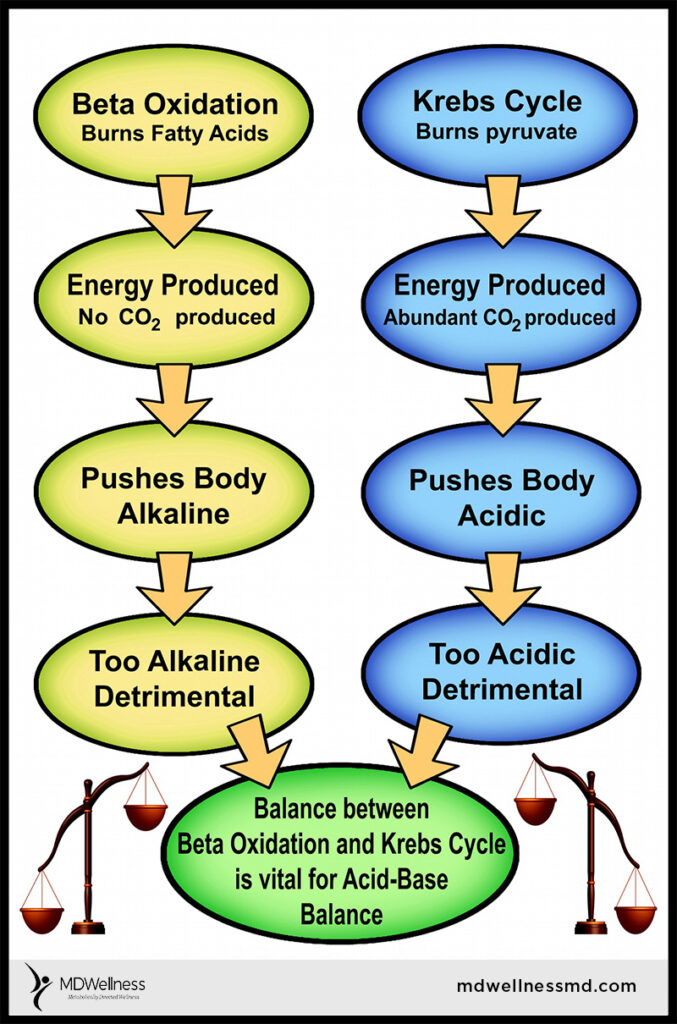
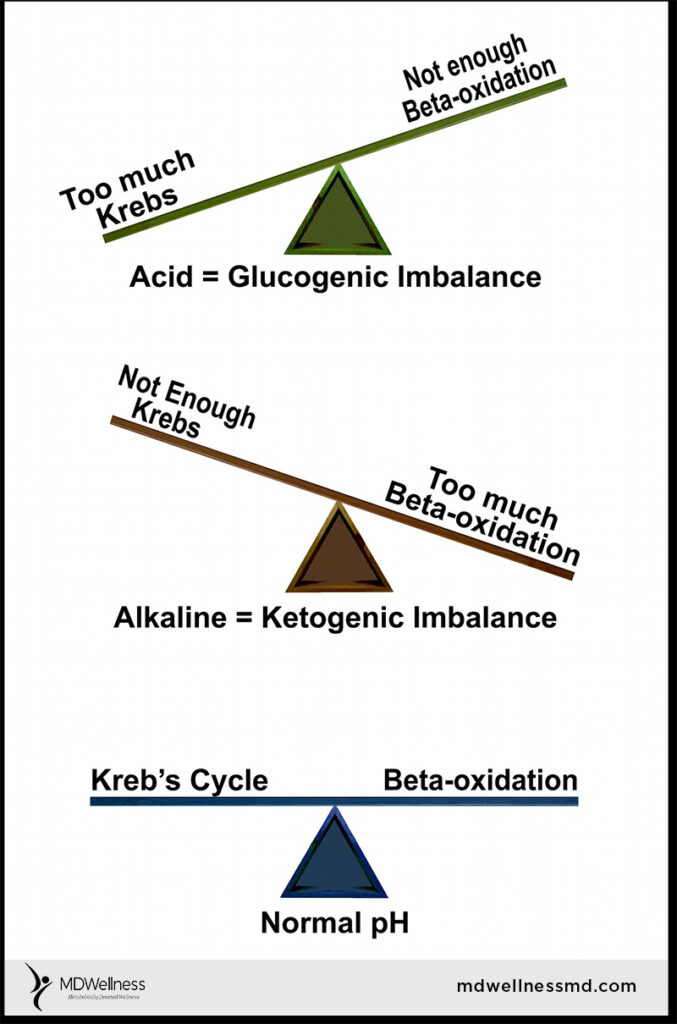
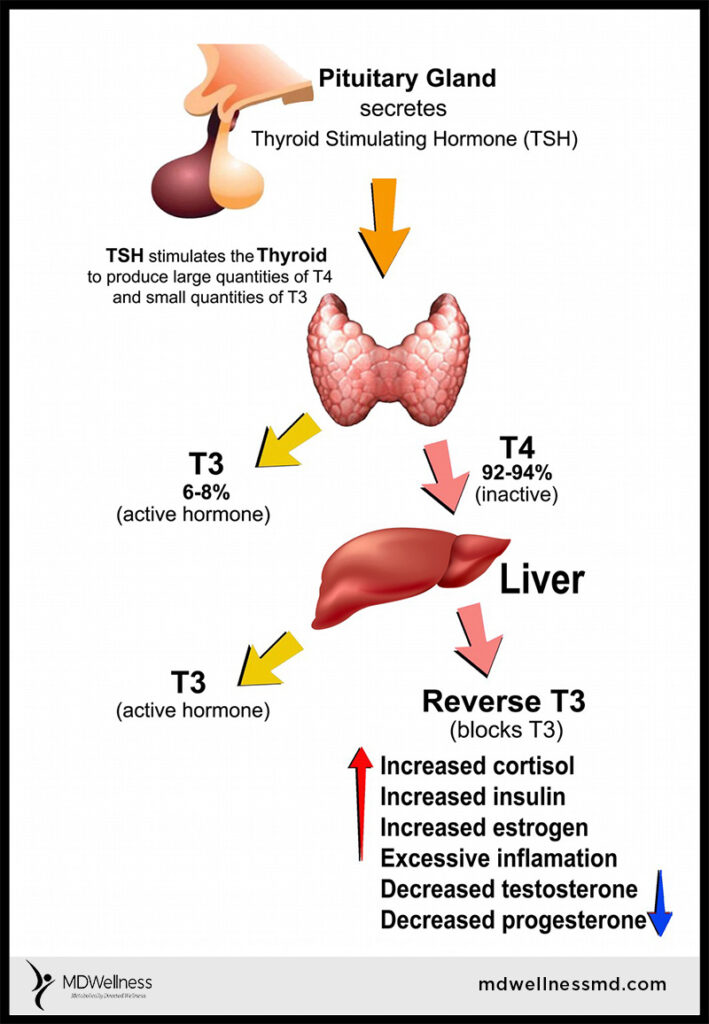

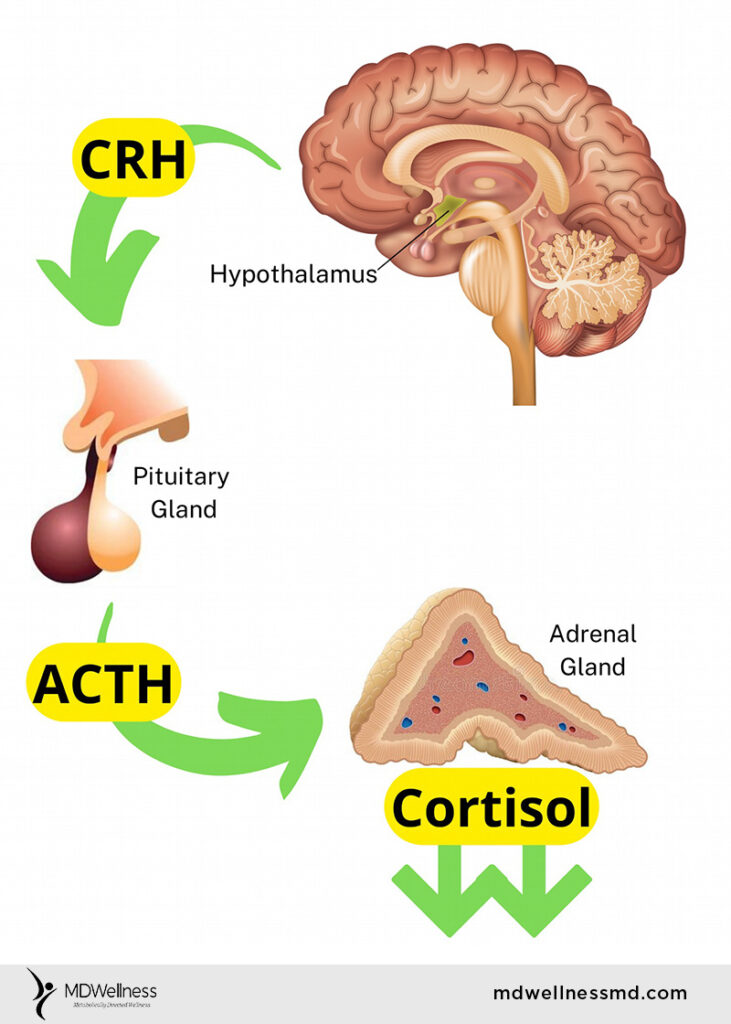

Over Time These Chronic Stressors Lead to a Depletion in Vital Metabolic and Hormonal Reserves


Biotoxin Illness
Chronic Inflammatory Response Syndrome (CIRS)
Extremely Common, often Overlooked Cause of Chronic Stress, and IBS

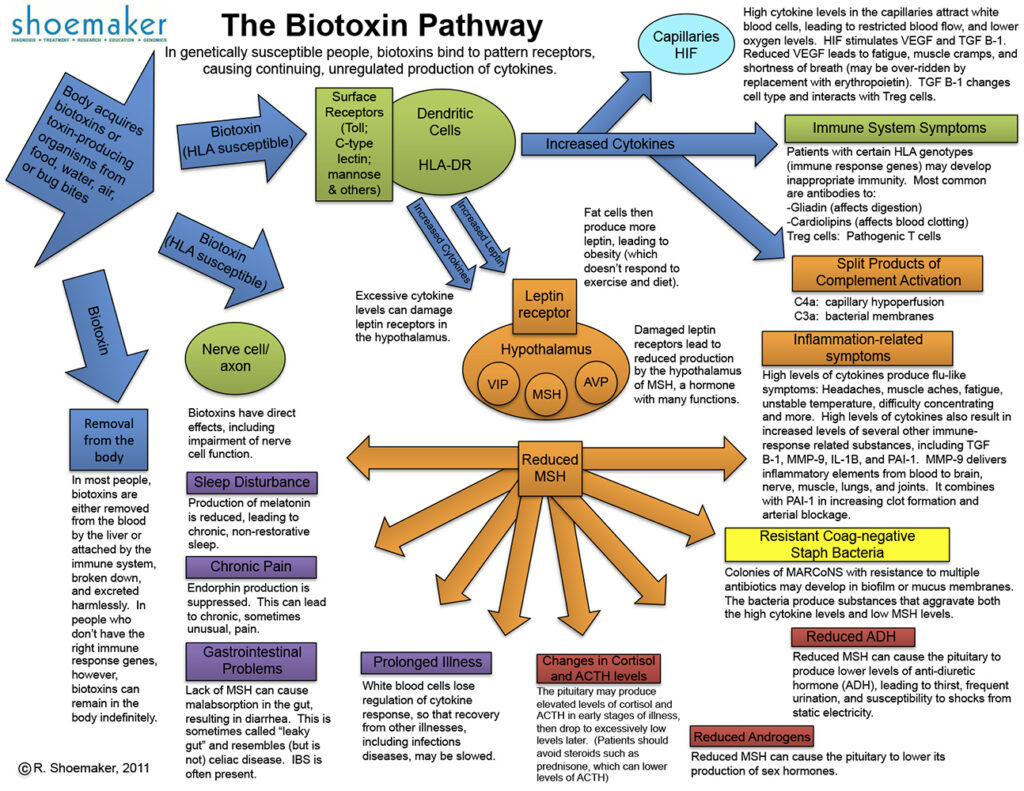
Environmental Illness Contributing to Chronic Stress and IBS
HLA DR Susceptible Genetic Patterns
Stealth Organisms
To learn more about MD Wellness contact us today by giving us a call at (732) 268-7663, emailing us at [email protected] or by requesting an appointment online.
Disclaimer: The entire contents of this website are based upon the opinions and experiences of Dr. Rothman, unless otherwise noted. Individual articles are based upon the opinions of the respective author, who retains copyright as marked. The information provided on this website is not intended to replace a one-on-one relationship with a qualified health care professional and is not intended as medical advice. It is intended as a sharing of knowledge and information from the research and experience of Dr. Rothman and his community. Dr. Rothman encourages you to make your own health care decisions based upon your research and in partnership with a qualified health care professional. If you are pregnant, nursing, taking medication, or have a medical condition, consult your health care professional before using products based on this conte
© 2024 MD WELLNESS. All Rights Reserved. | Terms & Conditions | Our Disclaimer and Privacy Policy | Shipping & Return Policy
Website Created and Managed by M&A consulting
Schedule a Free Consult
Complete this quick form to schedule a
non-obligation 15 minutes phone consultation.